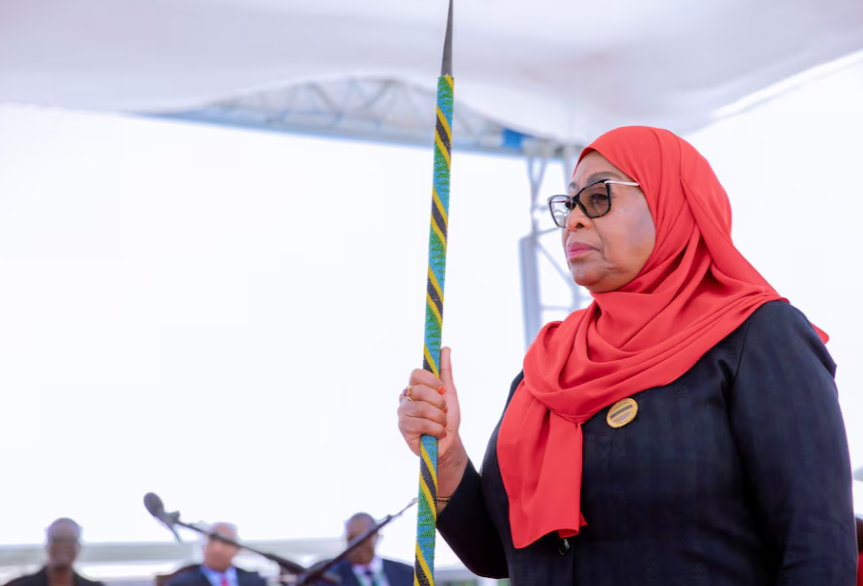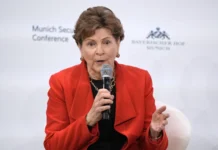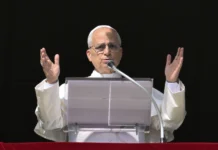Tanzania has begun restoring internet access after a five-day nationwide blackout imposed during last week’s disputed presidential election, but widespread restrictions on social media and messaging platforms persist, throttling the flow of information as President Samia Suluhu Hassan begins her second term.
Global watchdog NetBlocks reported on Monday that while basic connectivity is returning across major providers including Vodacom, Airtel and Tigo, key services remain impaired.
“Live metrics show widespread restrictions to multiple social media and messaging platforms as Tanzania comes back online after a five-day internet shutdown; the incident continues to limit election transparency and the free flow of information,” the group stated on X.
Tests revealed failure rates for core functions: Facebook’s loading hovered between 0% and 38% reachability; WhatsApp messaging faltered on web and mobile; X faced near-total disruption for uploads, playback and links; while Instagram, TikTok, YouTube and Telegram showed minimal accessibility for logins, images and videos.
The shutdown, triggered on 29 October as polls opened amid opposition boycotts and protests, plunged connectivity to 90% below normal, halting remittances, mobile banking and news dissemination.
Partial restoration followed international pressure, with users resorting to VPNs for patchy access, but police sent mass texts warning against sharing “distressing” content that could harm dignity. The African Commission on Human and Peoples’ Rights condemned the measures as disproportionate, urging full restoration to uphold freedoms of expression and information.
Hassan, who secured 98% of votes in a race critics called a “sham” due to barred opposition, was sworn in at a closed military ceremony in Dodoma, broadcast only on state TV.
She expressed regret over unrest that has reportedly killed over 700 and sparked fuel and cash shortages, but vowed unity. Foreign missions from the US, UK and EU demanded unfettered access and probes into violence, echoing patterns of digital curbs in Tanzania’s 2020 polls and across Africa, from Mozambique to Ethiopia.



















